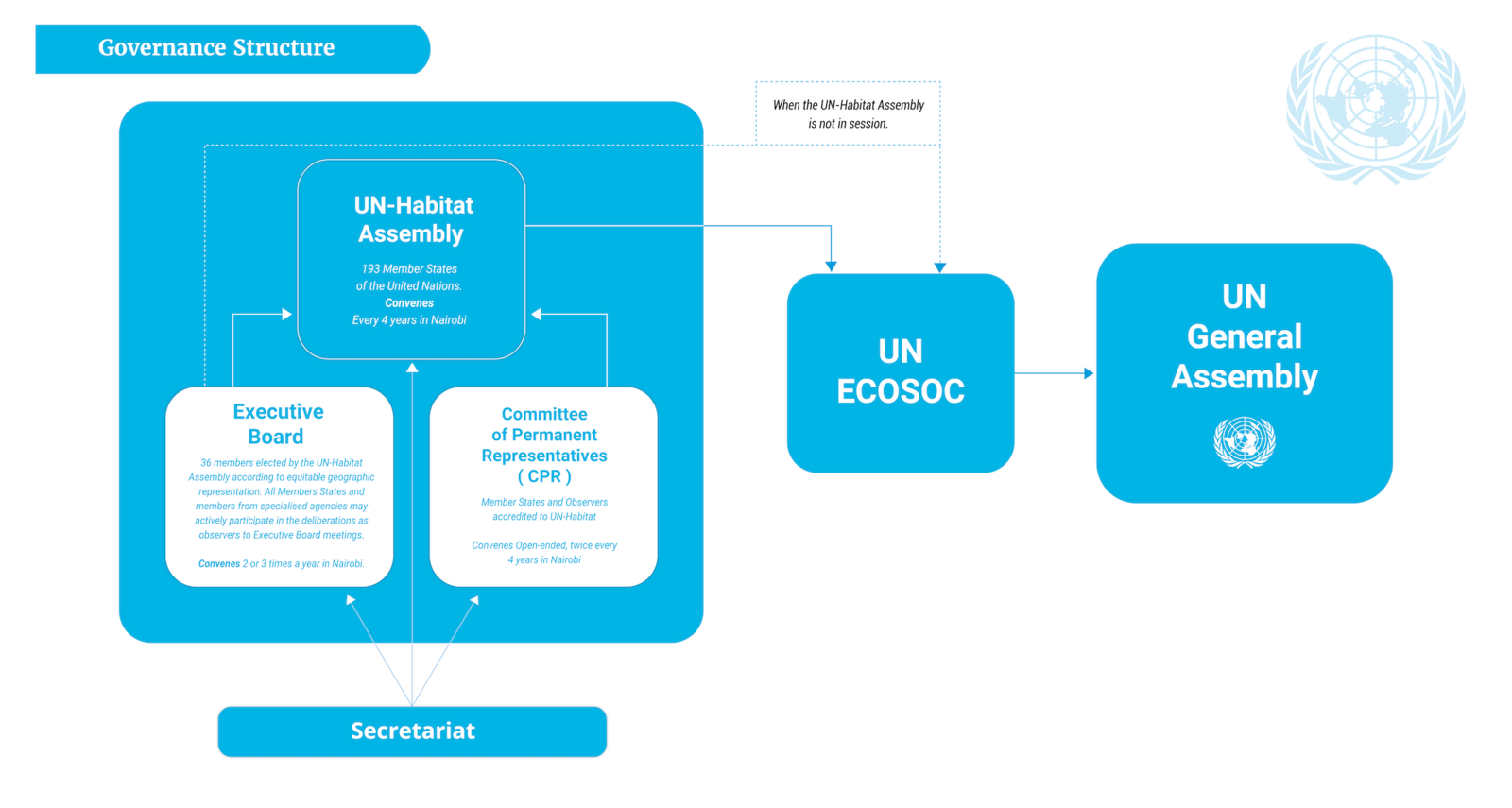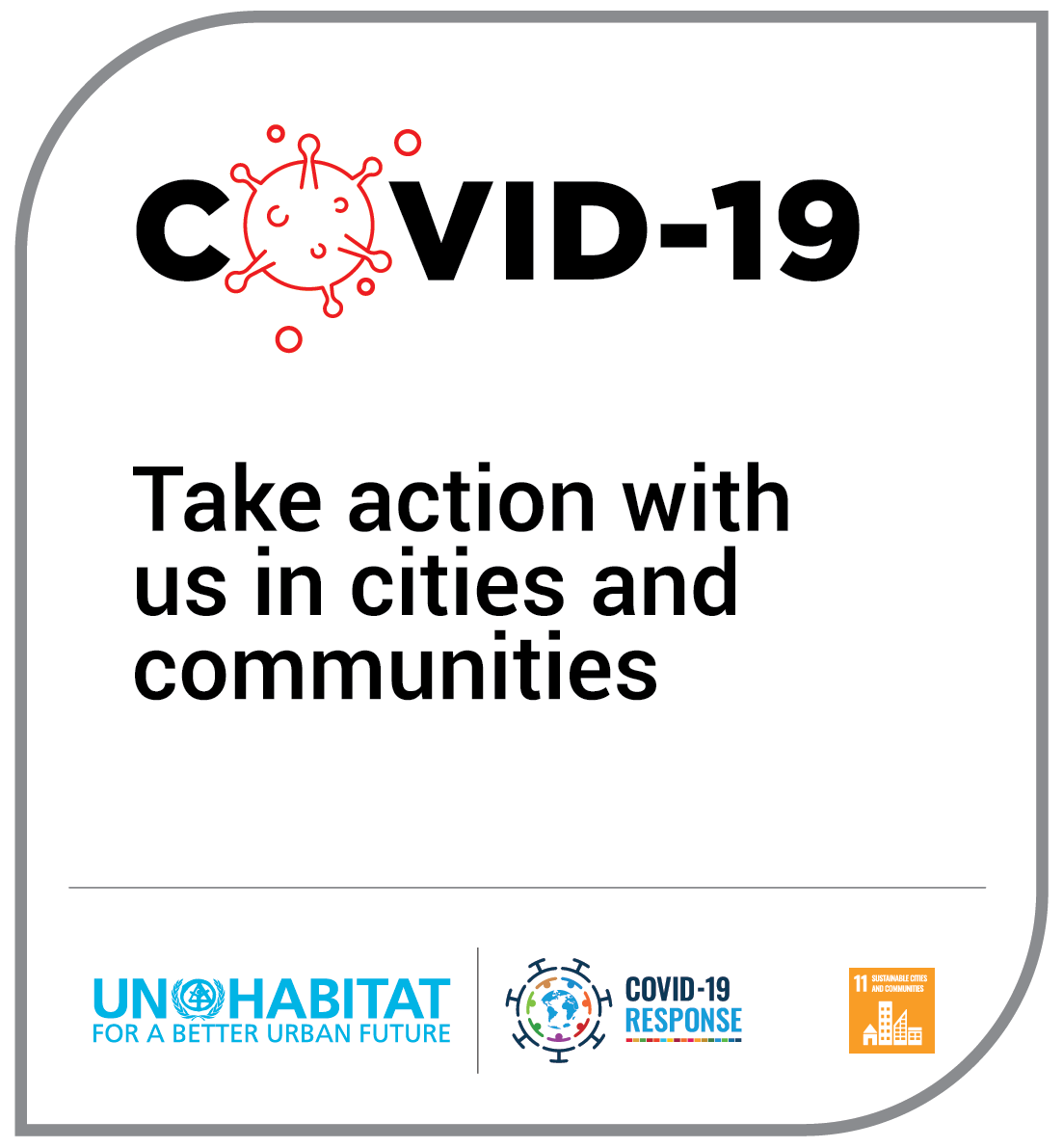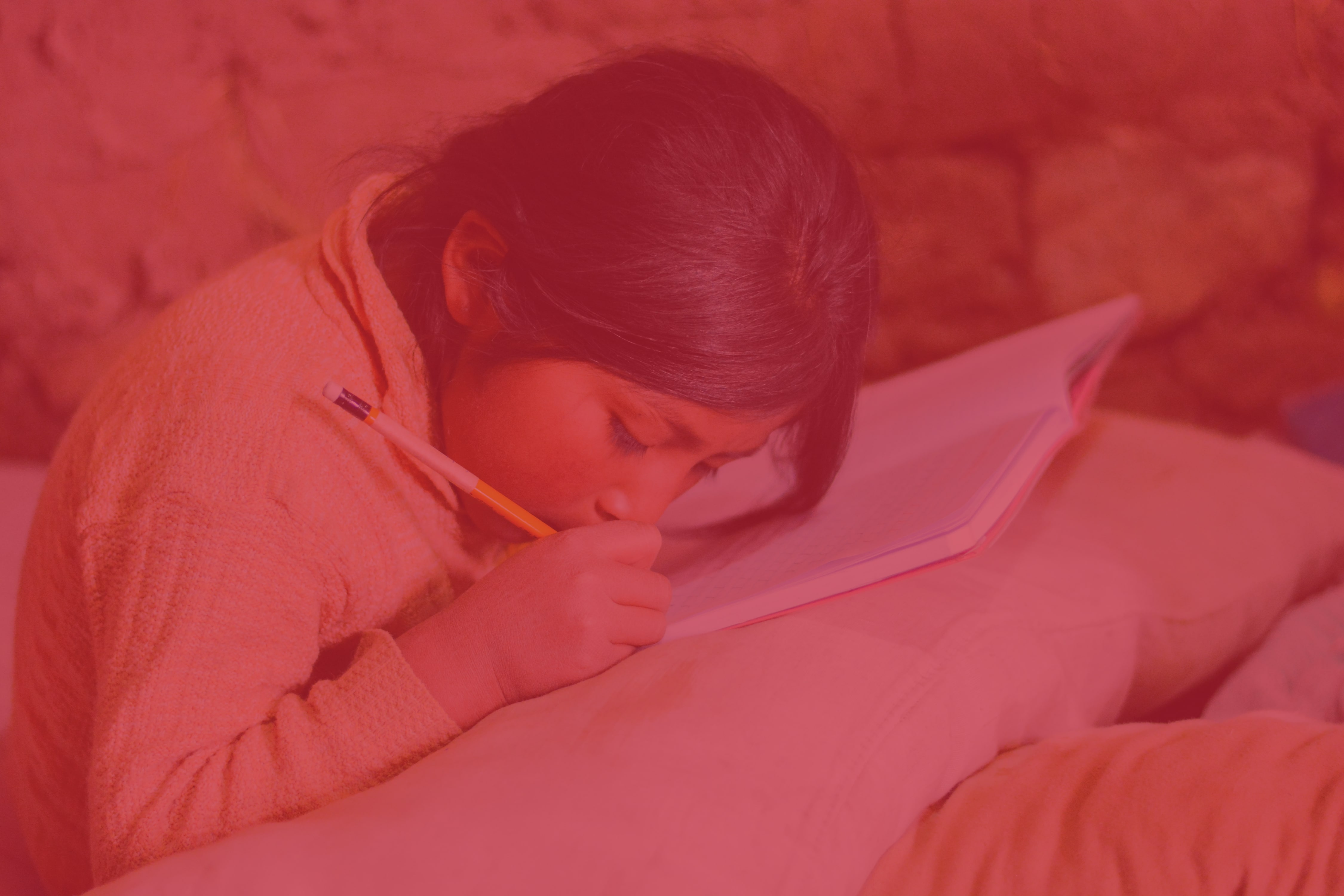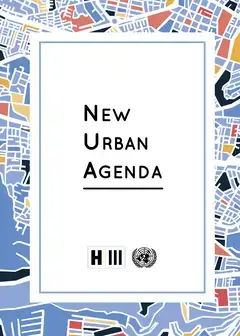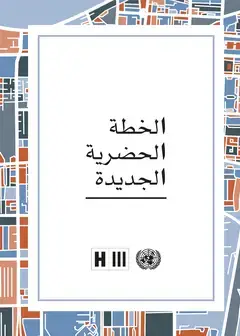A better quality of life for all in an urbanizing world
The United Nations Human Settlements Programme (UN-Habitat) is mandated by the UN General Assembly to promote socially and environmentally sustainable towns and cities. UN-Habitat is the focal point for all urbanization and human settlement matters within the UN system.
UN-Habitat works with partners to build inclusive, safe, resilient and sustainable cities and communities. UN-Habitat promotes urbanization as a positive transformative force for people and communities, reducing inequality, discrimination and poverty.
Our mission
UN-Habitat works in over 90 countries to promote transformative change in cities and human settlements through knowledge, policy advice, technical assistance and collaborative action.
UN-Habitat’s strategic plan 2026-2029 adopts a more strategic and integrated approach to solving the challenges and opportunities of twenty-first century cities and other human settlements. UN-Habitat’s mission embodies the four main roles of the organization, which can be summarized as: think, do, share, and partner.
THINK: UN-Habitat’s normative work, including groundbreaking research and capacity-building, sets standards, proposes norms and principles, shares good practice, monitors global progress and supports formulation of policies related to sustainable cities and human settlements.
DO: UN-Habitat’s operational work takes various forms of technical assistance, drawing on its unique expertise in sustainable urbanization and crisis response. UN-Habitat implements projects to provide value-added and tailored support to countries.
SHARE: Through advocacy, communication and outreach, UN-Habitat mobilizes public, political and financial support and collaborative action to inspire qualitative change in national development plans, policy frameworks, development practice and investment choices for sustainable urban development at the local, national and global level.
PARTNER: UN-Habitat collaborates with governments, intergovernmental, UN agencies, civil society organizations, foundations, academic institutions and the private sector to achieve enduring results in addressing the challenges of urbanization.
A new focus for UN-Habitat
A new focus for UN-Habitat




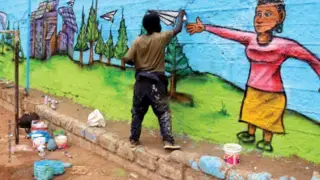
2022 Catalogue of Services
UN-Habitat’s Catalogue of Services provides the current range of ways in which the organization can support national and local governments, partners, and stakeholders to address their development challenges and advance sustainable and inclusive urban development using its services, expertise, and tools.
Sustainable Development Goals
Sustainable Development Goals
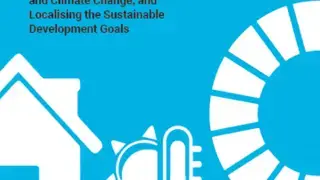
Priorities 2022-2023 adequate housing cities and climate change and localising SDGs
Our world is changing rapidly. Technology and information are moving at breathtaking rates. Populations are expanding, political forces are in flux and the climate crisis threatens the planet’s future. A pandemic has swept across the world, claiming millions of lives.
The New Urban Agenda
Governance Structure
